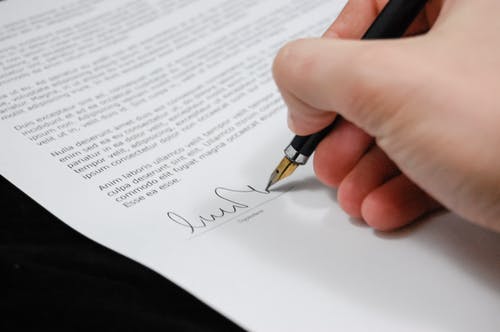An Adelaide financial adviser has been permanently banned from providing financial services following findings that he had engaged in “dishonest conduct” by ASIC.
Some of the conduct referred to in ASIC’s findings included dishonestly backdating advice to clients and incorrectly witnessing binding nomination of beneficiary forms which were subsequently submitted to insurers.
In January last year, ASIC issued a warning to financial advisers about incorrectly witnessing or backdating binding death benefit nomination forms. In a press release, ASIC stated that the practice was concerningly widespread and warned of a crackdown.
Whilst a date may seem harmless, backdating, predating, or failing to correctly witness a signature can have far reaching unintended consequences that go beyond risking a financial services licence.
Backdating any legal document can at best put your clients at risk of facing consequences for having an invalid or incorrectly executed document, and at worst, may constitute criminal fraud. Even where a criminal offence is not prosecuted, the practice of having engaged in criminal behaviour can be damning to a client’s (or your) case. Similar consequences may apply where documents have been incorrectly witnessed.
7 Tips for Signing Documents:
- Do not backdate or predate In most cases the ‘date’ of the document means the date on which it was signed (but check if you’re unsure).
- Seek legal assistance to draft documents where prospective or retrospective arrangements are required (and allowed).
- Never witness a document that you have not seen signed.
- Keep on top of clients who need to sign time-sensitive documents.
- Ensure that documents are signed with your client’s usual signature. This can be verified by checking their licence or passport or keeping a specimen signature on file.
- Check documents for specific witnessing requirements, for example, two independent witnesses are required for binding death benefit nominations, and a qualified witness is required for Enduring Powers of Attorney in most states and territories.
- Read documents carefully (or ensure your clients do) before signing. If you don’t understand a document or you are unsure of requirements for signing, seek appropriate advice.
For more information about how the Morrows Legal team can help you, contact us at legal@morrows.com.au or call 03 9690 5700.





